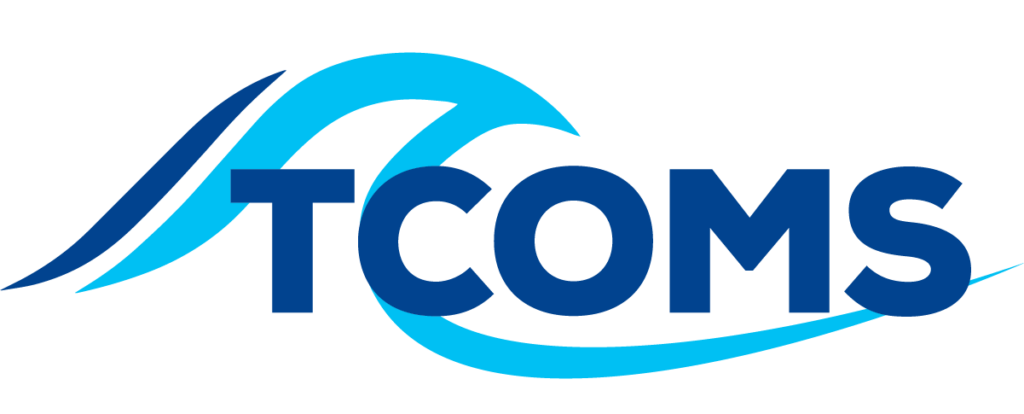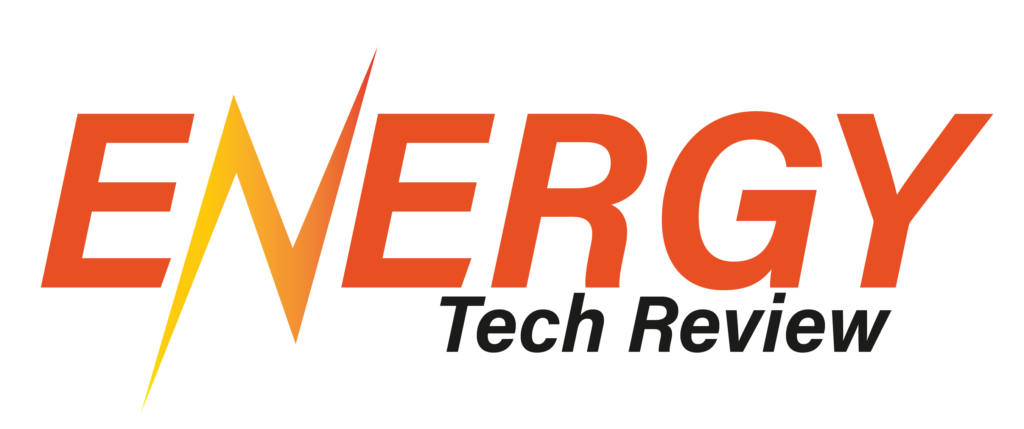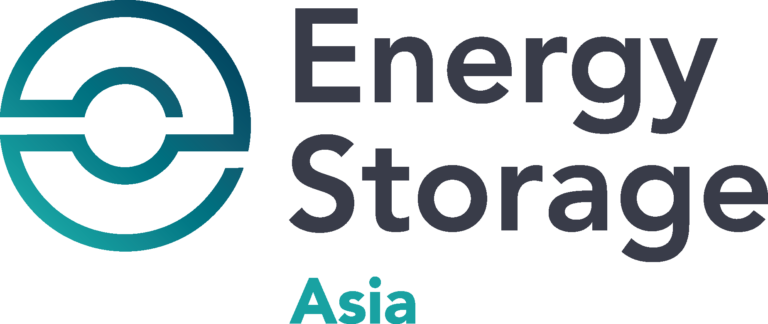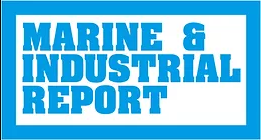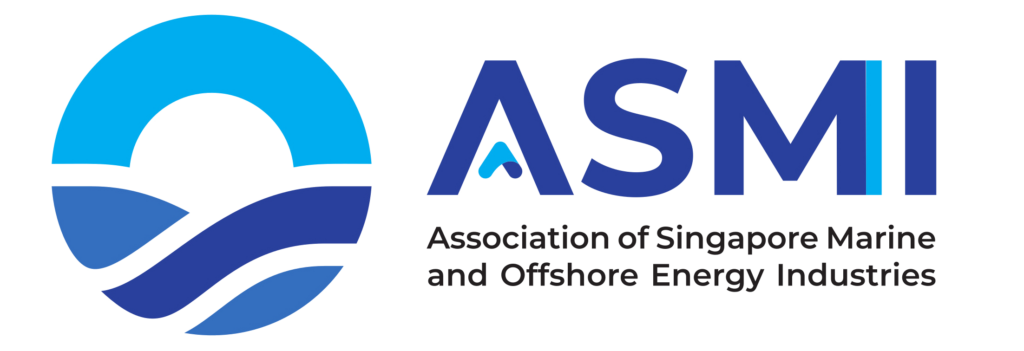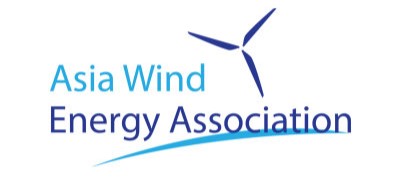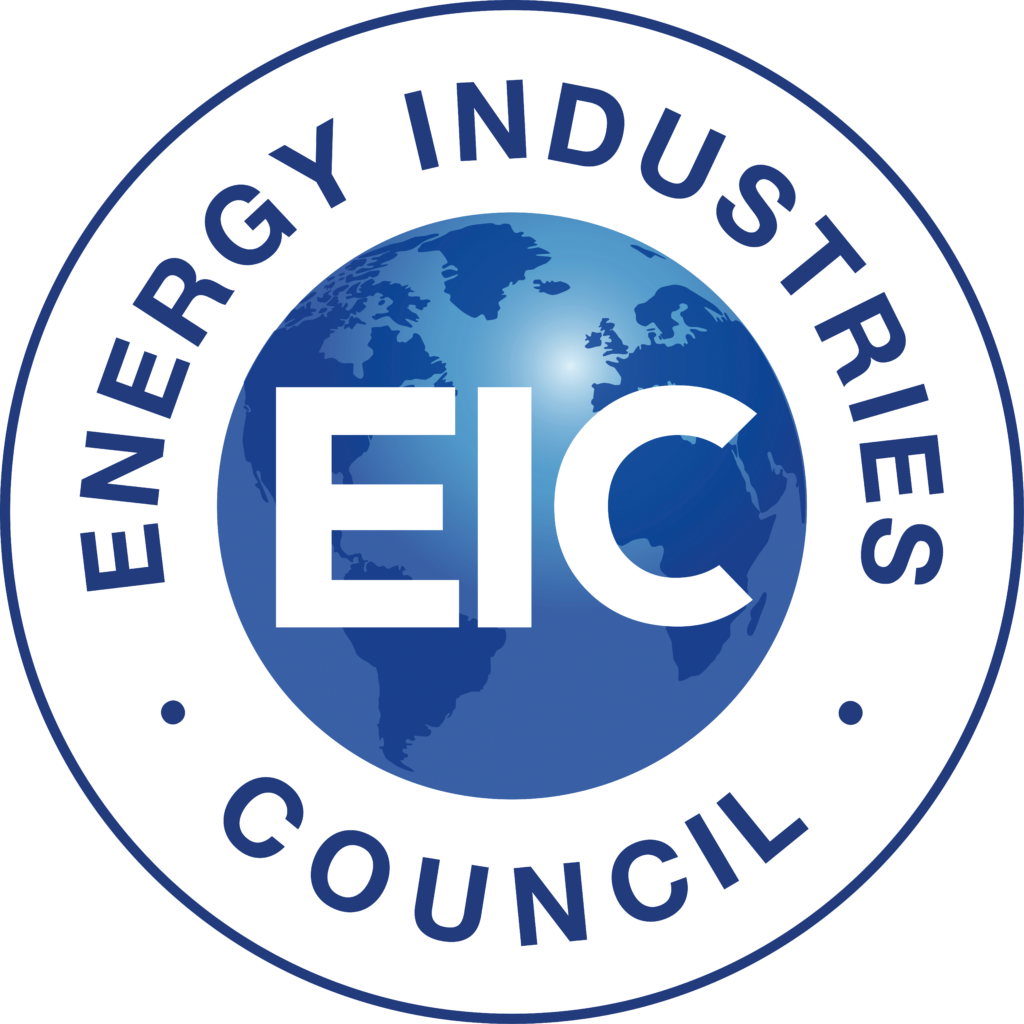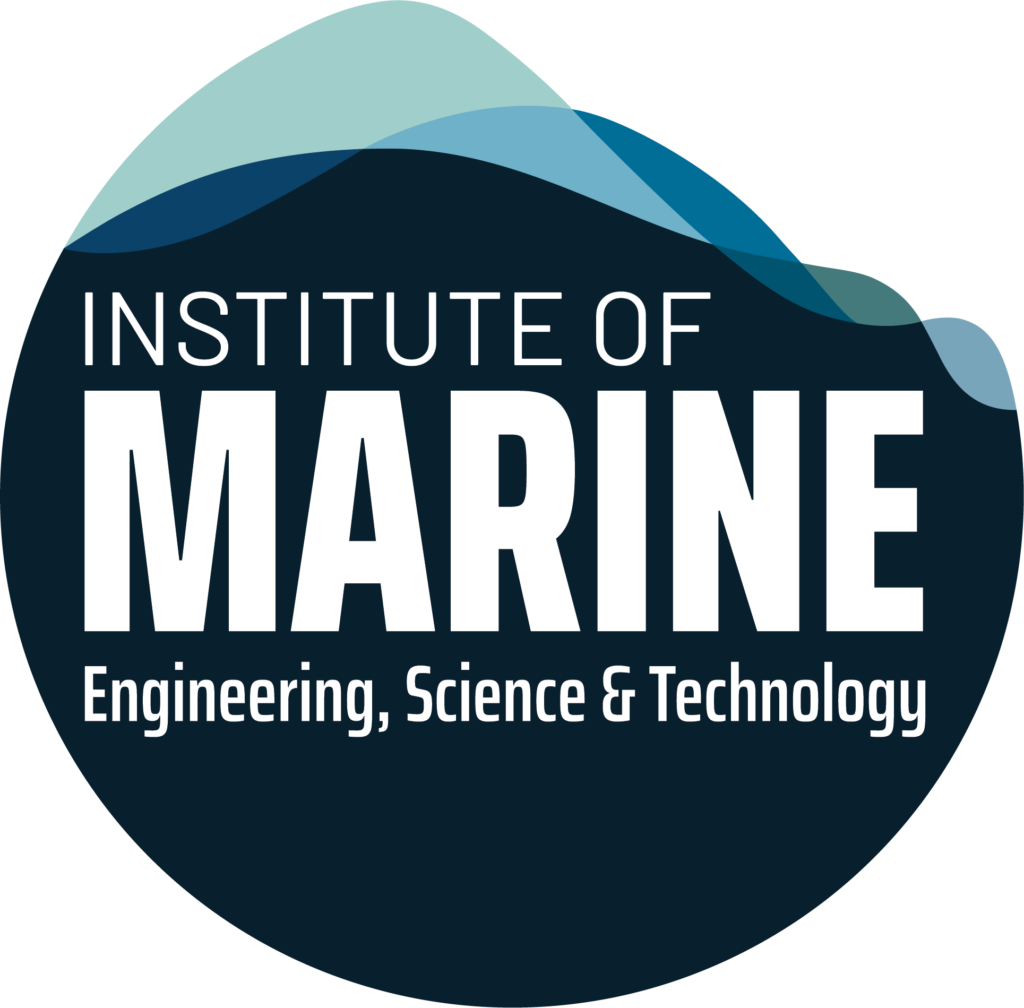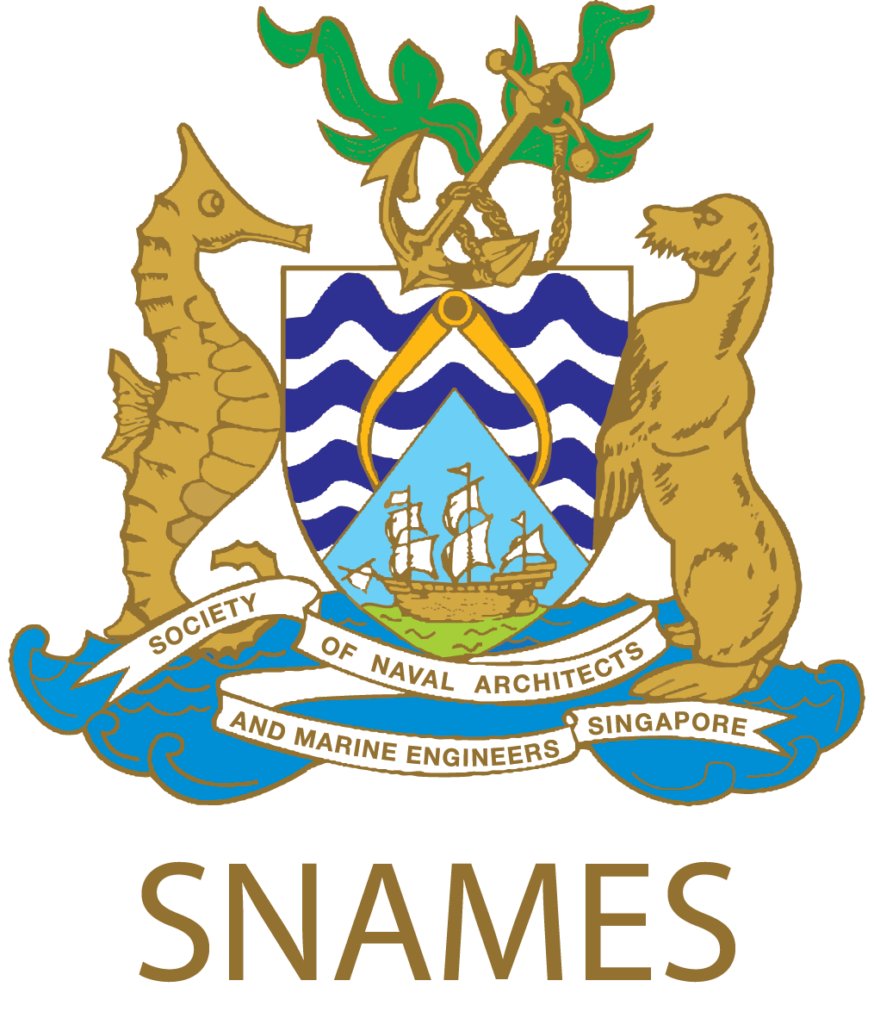Northern Lights CCS commissioned, with first CO2 storage in 2025
Backed by a trio of oil and gas majors and the Norwegian government, the first phase of Northern Lights, the world’s first cross-border CO2 transport and storage facility, is ready to receive its first CO2 emissions for permanent storage in 2025.
On hand at the commissioning ceremony on 26 September was Norwegian Minister of Energy, Terje Aaslund. “This is a proud moment not just for Northern Lights as a company, but for Norway and for the advancement of carbon capture and storage (CCS) worldwide”, said Mr Aaslund.
Located in Øygarden, near Bergen, the Northern Lights facility is backed by a joint venture partnership between Equinor, TotalEnergies and Shell, and is part of the Longship full-scale CCS project initiated by the Norwegian government.
Liquefied CO2 will be transported by special liquefied CO2 (LOC2) carriers from capture sites to an onshore receiving terminal in western Norway, before being transported by 100-km subsea pipeline for permanent storage in a reservoir in the North Sea, some 2,600 m under the seabed.
“This major milestone signals the readiness of the infrastructure to store CO2 and we look forward to receiving the first volumes from hard-to-abate emitters in 2025,” said TotalEnergies senior vice president, new business carbon neutrality, Arnaud Le Foll. “This will bring a strong contribution to the decarbonisation of European industry,” he added.
Among the first hard-to-abate emitters to sign up was Yara. Yara will transport and store CO2 captured from Yara Sluiskil, an ammonia and fertiliser plant in the Netherlands. Some 800,000 tonnes of CO2 per year will be captured, compressed and liquefied in the Netherlands and then transported to the Northern Lights site to be permanently sequestered off the coast of Øygarden in the Norwegian North Sea.
“CCS will be an essential tool in supporting our customers on their decarbonisation journeys,” noted Shell Low Carbon Solutions executive vice president, Anna Mascolo.
The Northern Lights facility consists of a receiving terminal, injection pipeline and subsea installations. The scope of this project costs about US$712M and does not include the costs associated with the new LCO2 carriers and CO2 capture plants.
“The completion of the Northern Lights facility marks an important milestone for the global development of a business model for carbon capture, transport and storage. It opens a value chain for decarbonisation of European industry and energy and shows the role we and our partners take in developing low-carbon solutions in the energy transition,” said Equinor chief executive Anders Opedal.
“This project demonstrates what can be achieved when authorities and industry are working towards the same goal and co-invest to reduce risks. Equinor has several CO2 transport and storage developments in our portfolio as operator and partner. The established Northern Lights value chain and experience from the project will be valuable in maturing and scaling up future CCS projects,” added Mr Opedal.
The first phase capacity of Northern Lights will be able to store 1.5M tonnes per year of CO2 – and it is already fully booked. The joint venture owners plan to increase the transport and storage capacity for the future.
